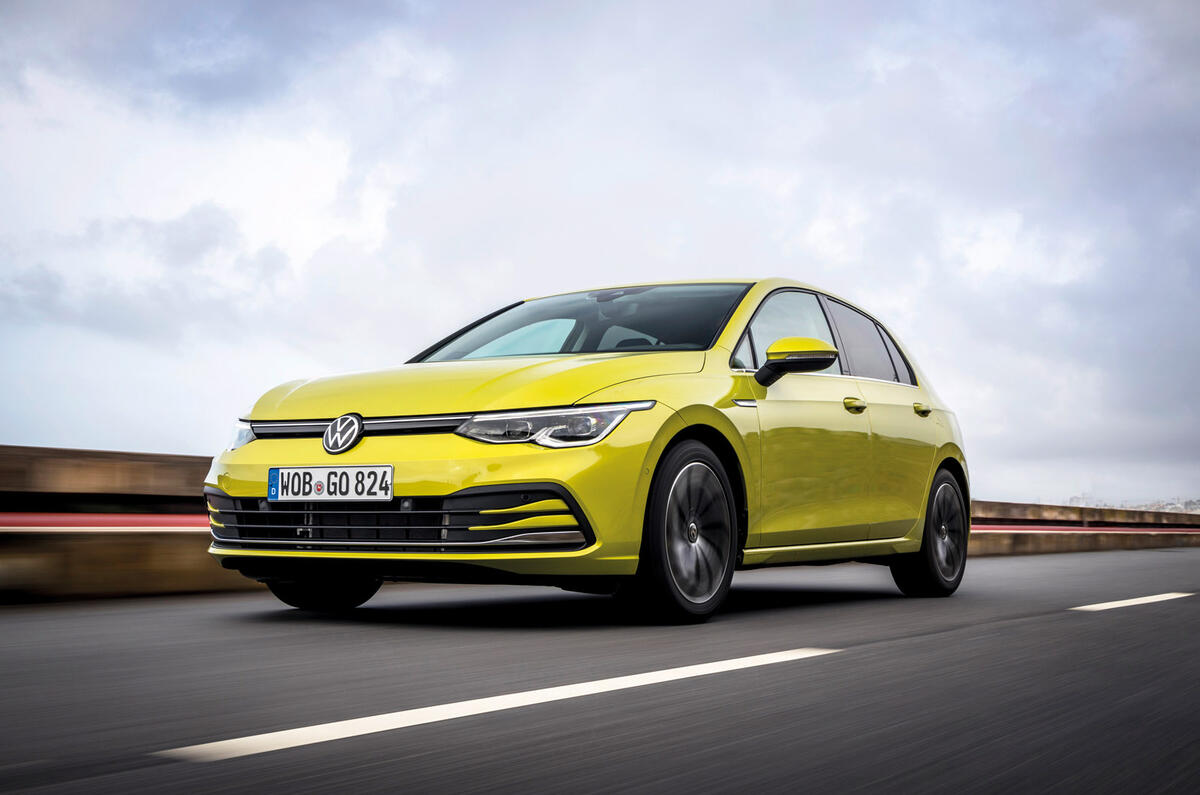Volkswagen technical chief Matthias Rabe believes combustion engines still have a long future in the car industry despite increasing restrictions on CO2 emissions – because of the development of environmentally friendly fuels.
The Volkswagen Group has set itself a target of net zero carbon emissions and made a huge investment in electric vehicle technology, spearheaded by Volkswagen's ID range of electric cars, to achieve that.
Yet Rabe said combustion engines “will have a longer future than some people predict”, because of the likely widespread future adoption of synthetic fuels made from biomass or other materials.
Current unleaded petrol features a limited amound of ethanol produced from crops, but research has been ongoing on e-fuels, which are synthetically produced from natural materials and therefore emit no CO2 or other harmful emissions. E-fuels have long attracted the interest of the car industry, with Volkswagen and sister firm Bentley among those looking into the technology, but it is still some way from being production-ready.
While the pressing CO2 emissions targets imposed on car firms by authorities such as the European Union has led to firms including Volkswagen focusing on EVs to reduce emissions, Rabe believes that the limitations of electric technology in other transport areas due to the weight and size of current batteries will help spur e-fuel development.
“We will come to e-fuels,” he said. “If you look at the aviation industry, e-fuels are in high demand because [planes] won’t go electric, otherwise you won’t cross the Atlantic.
“We take our CO2 targets very seriously and want to be a role model on CO2, but that doesn’t mean we will exclude the combustion engine.”
Volkswagen is committed to “a broad field” of powertrain options for at least the next decade, Rabe added. The firm is also pushing ahead with Compressed Natural Gas (CNG) powertrains in some markets.
READ MORE
Volkswagen to launch 34 new models in 2020
New Volkswagen Golf GTI gains power boost and more tech
New 2020 Volkswagen Golf: first prices and specs announced










Join the debate
Add your comment
exempt co2 neutral efuel & other cleaner fuel cars from 2030 petrol and diesel ban
How much land?
Currently
Biofuels - Car fumes have played there part in deforestation so you may as well dig up the remainder and/or replace food crops in south america for the growth of suger beer. It's not even clean and isn't as efficient petrol.
As to this article's talk of the future e-fuels, it contains no details what so ever
What was impacting the forest
If you read carefully my previous post there 3 generation of efuel and the two last one are no impacting the food chain or forest...
MinusG40 wrote:
Really?? Well it's not in any meaningful quantities then. Ask Brazil how they've been doing it for decades - hint - it's pretty disastrous. I'd like you to offer proof that they're not agricultural crops etc.
So it's all just, um, vapourware. All well and good on paper, but only believe it till I see it.
3 gens
That's my point acid rain did as much damage as clearing rain forests to grow sugar beet to rot and then fuel cars.
3 gens, you last one was a if/will, second one was regarding collecting rotten veg leftovers from dinner tables would barely generate enough fuel for Prince Charles Aston